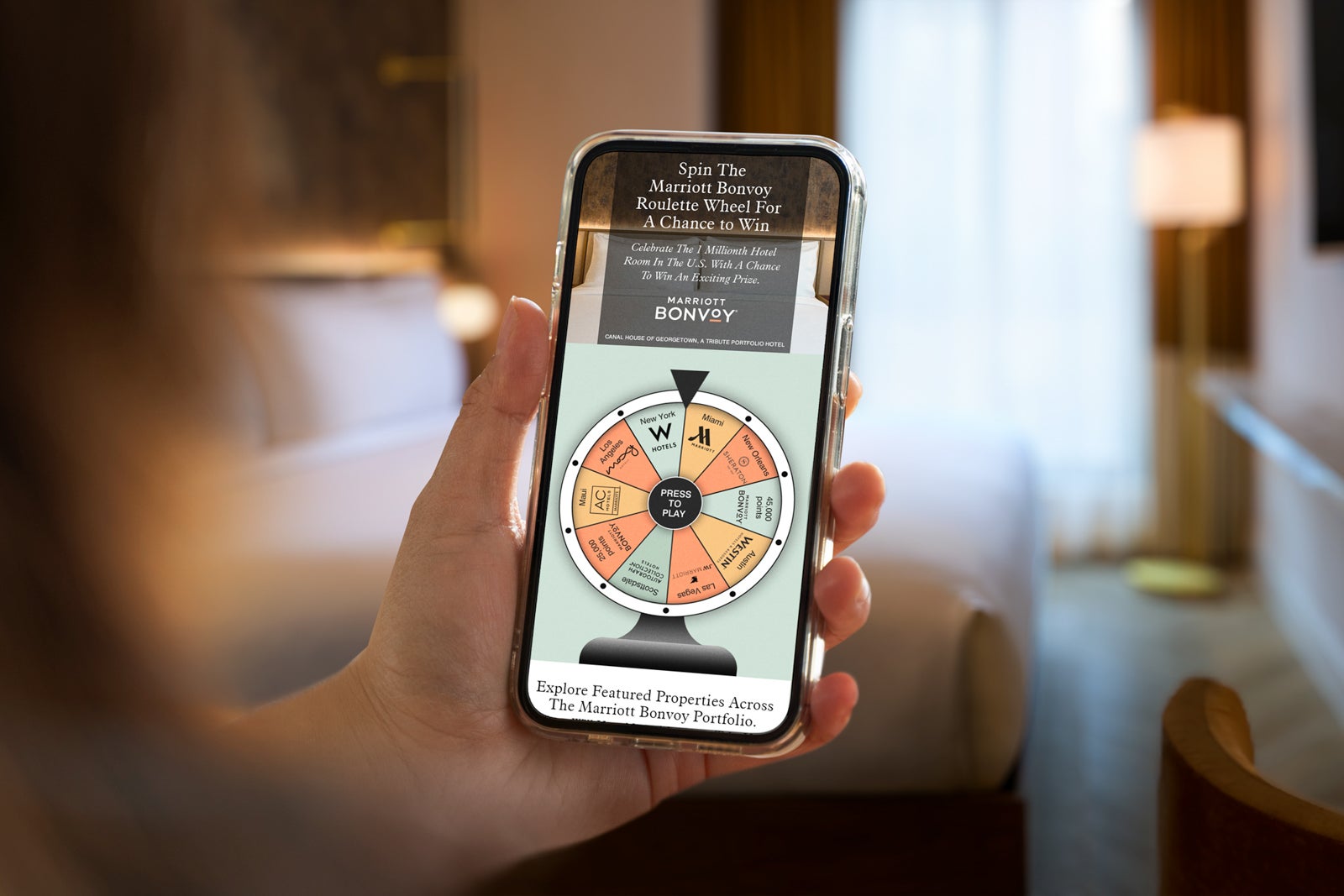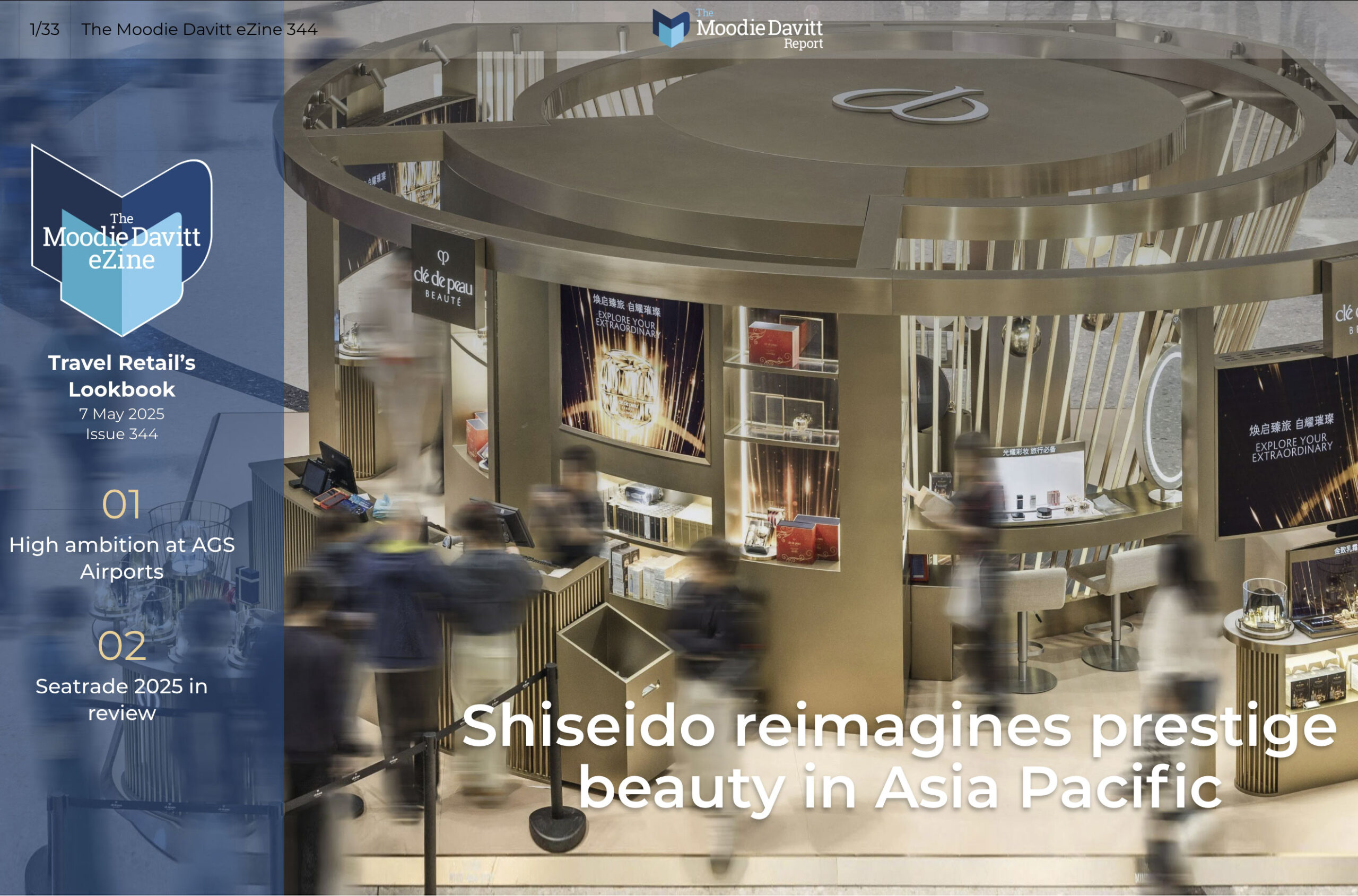Mind reading
It’s thrilling when someone reads our minds. Sometimes we call it hospitality, or smart user interface design. Sometimes, it simply feels like being seen. The person or the system knows what you need, perhaps before you even realize what that might be. This is a special sort of magic. It’s easy to take this for […]

It’s thrilling when someone reads our minds. Sometimes we call it hospitality, or smart user interface design. Sometimes, it simply feels like being seen. The person or the system knows what you need, perhaps before you even realize what that might be.
This is a special sort of magic.
It’s easy to take this for granted, and it rarely works reliably or consistently. But we can get hooked on it.
And when it fails?
Perhaps we could speak up. Describe what we’re hoping for and what we need.
Smart systems (of humans and well designed machines) make it easy for users and participants to speak up. They can’t read your mind, but they can listen.
The alternative is that people will expect mind reading but not receive it. They can then become disengaged, bitter or isolated. This can lead to frustration, to broken connections and to undesired outcomes. (Little kids often have tantrums because they can’t understand why their parents can’t, or won’t, read their minds).
Understanding our role in the relationship or the organization can give us the confidence to speak up when it really matters. When it’s a generous thing to do. When what we need might be what the others need as well.
It’s not as fun as having your mind read, but it might be more reliable and effective.










































































